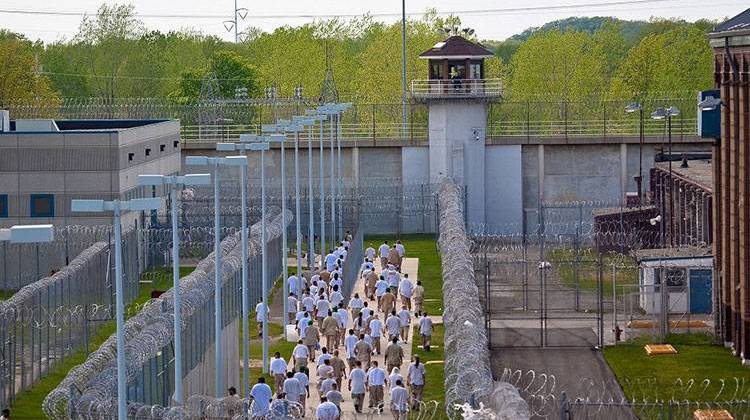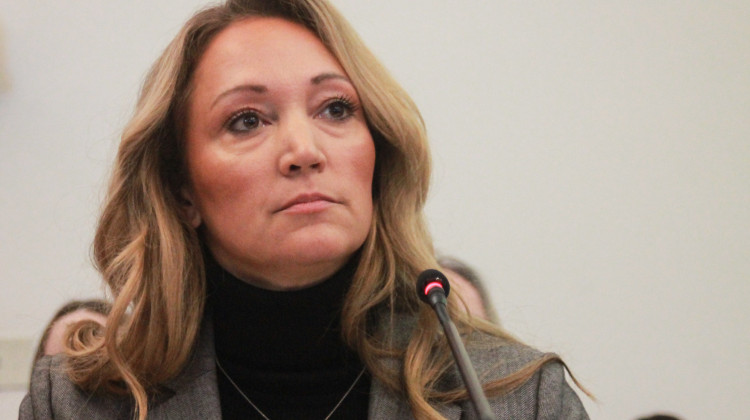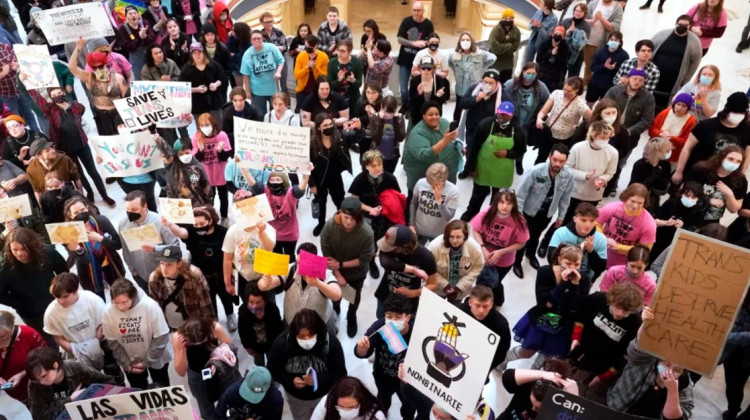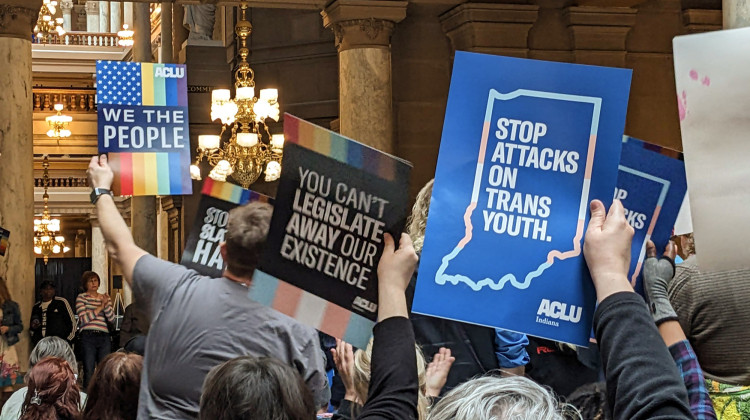
The ACLU of Indiana, Indiana Protection and Advocacy Services and Indiana Department of Correction have reached an agreement on how to treat mentally ill prisoners.
Courtesy Indiana Department of CorrectionINDIANAPOLIS -- The ACLU of Indiana, Indiana Protection and Advocacy Services and Indiana Department of Correction have reached an agreement on how to treat mentally ill prisoners, years after a judge attributed a number of suicides to poor treatment in Indiana prisons.
Between 2007 and 2011, IDOC saw 23 suicides in its facilities. Eleven of those occurred in solitary confinement. In a lawsuit brought by the ACLU and IPAS, a judge found that the treatment of mentally ill prisoners — isolating them for 23 hours a day — violated 8th Amendment protections against cruel and unusual punishment.
But according to the ACLU and IPAS, IDOC has done a lot to make things better since that lawsuit. For one thing, it’s a lot harder to put mentally ill prisoners in solitary. And those prisoners actually get therapy.
“What the DOC has done is it has prisoners who are going for more than 10 hours a week to multiple groups a day, getting them out of their cells, getting them into a treatment type setting,” says Ken Falk, an attorney for the ACLU.
A judge still has to review the agreement, but Falk says he’s impressed with the changes he’s seen, and he expects the judge to sign off.
 DONATE
DONATE









 Support WFYI. We can't do it without you.
Support WFYI. We can't do it without you.